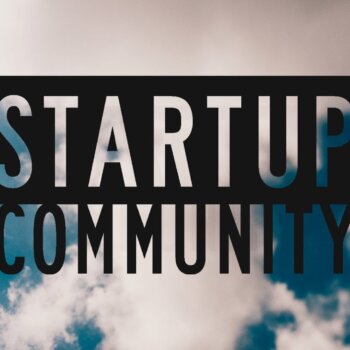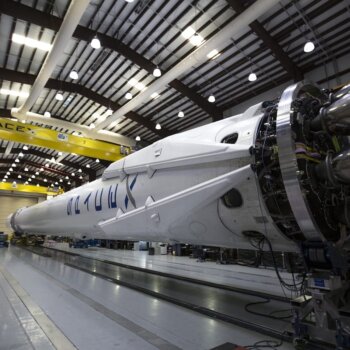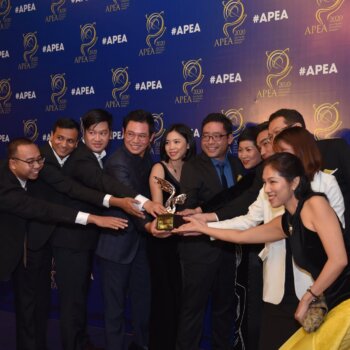Tip 1
In Hong Kong, businesses come in all shapes and sizes and although dominated by a few very large conglomerates, its beating heart is made up of hundreds of thousands of small to medium sized family-run businesses.
Tip 2
Company structures will reflect the type of company being dealt with – with the myriad of smaller companies being run along very centralised, paternalistic lines.
Tip 3
Although the importance of building good business relationships should not be underestimated – it is of much less importance than on the mainland or in Taiwan. Relationships rarely get in the way of a deal.
Tip 4
In traditional family-run Chinese businesses, the head of the company, who is very often the oldest male family member, will make most decisions (even minor ones). It is important to ensure you are dealing with the decision-maker.
Tip 5
Family-run businesses are very fast on their feet and can make decisions, adapt to changing circumstances etc. very quickly.
Tip 6
Management style and approach may vary depending upon the type of company but the basic Confucian values of respect for seniority and age still hold sway.
Tip 7
It can be difficult for people to give bad news up the chain for fear of loss of face for all concerned. Thus, certain vital information can remain hidden at crucial moments. Are you sure you have all the information you need?
Tip 8
Show respect to key people by standing as they enter the room, treating their business card with regard and addressing issues through them rather than through the most fluent foreign language speaker.
Tip 9
Voices can be raised and tempers may seem frayed, but this is more likely to be a sign of animation and interest than hostility.
Tip 10
Long-term loyalty to the organisation is not necessarily expected from anybody other than family members. The entrepreneurial spirit drives people on to bigger and better things.
Tips provided by World Business Culture, see more.





























